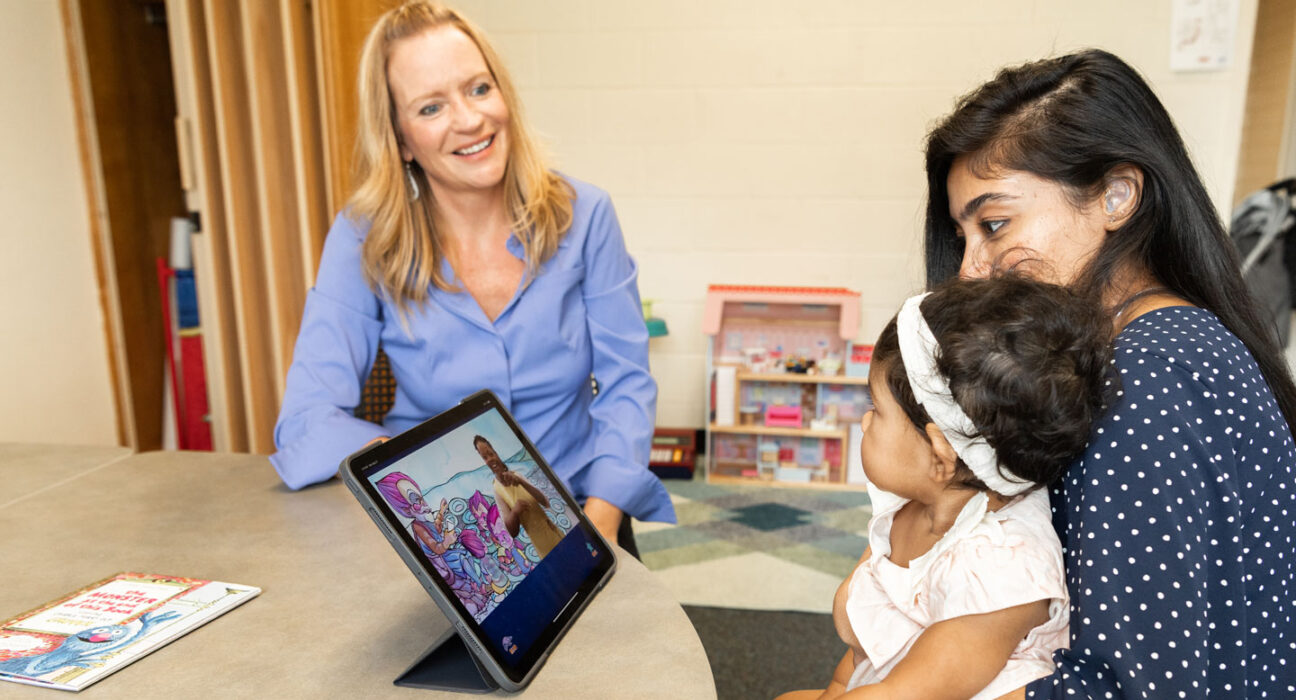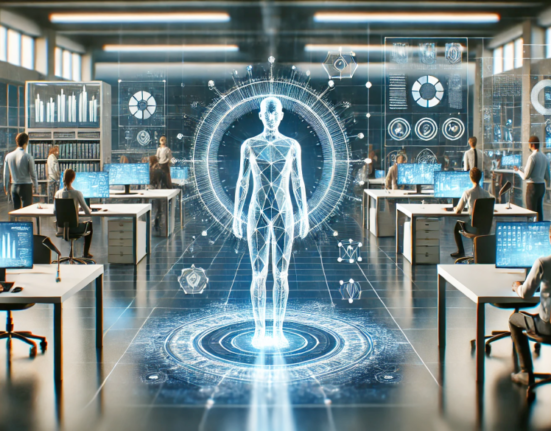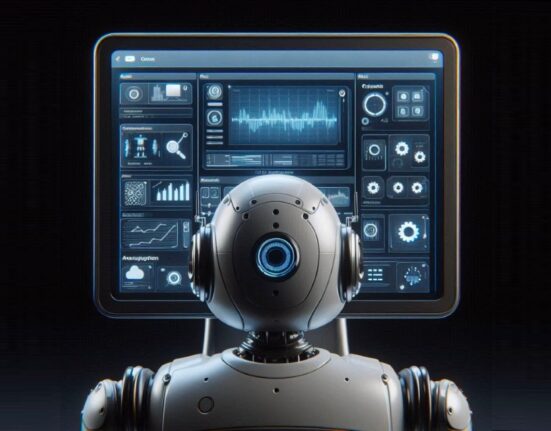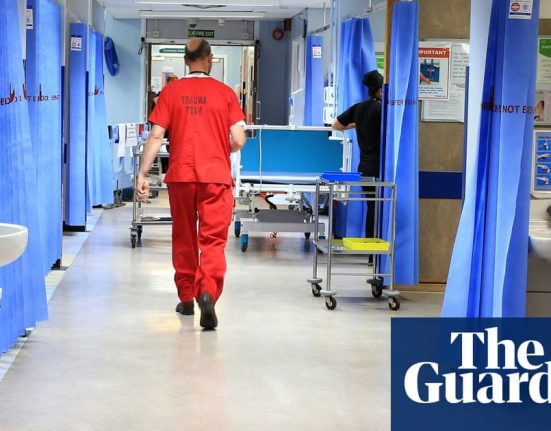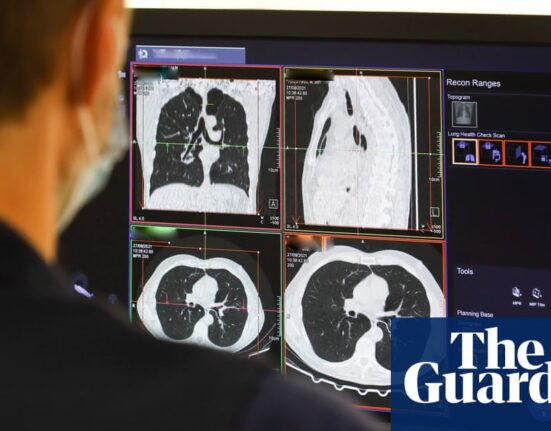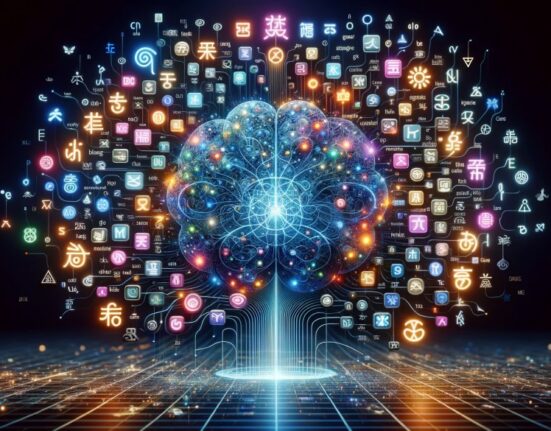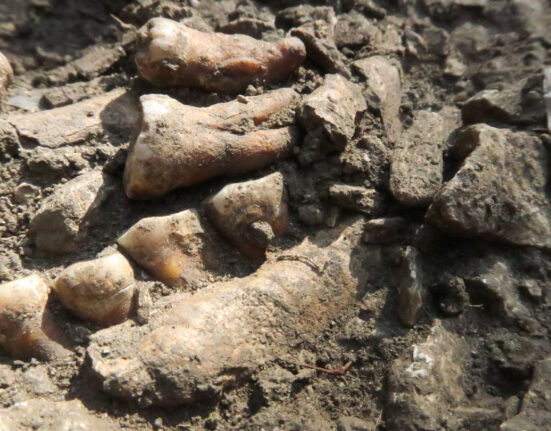American Sign Language: A way of communicating using hand shapes and body movements.
audiologist: A type of health-care professional in the field of science and medicine who treat people with hearing loss, tinnitus and balance issues. Most have an advanced degree, such as a doctor of audiology (AuD) degree, a PhD or a doctor of science (ScD) degree in the field of hearing and balance sciences.
behavior: The way something, often a person or other organism, acts towards others, or conducts itself.
bias: The tendency to hold a particular perspective or preference that favors some thing, some group or some choice. Scientists often “blind” subjects to the details of a test (don’t tell them what it is) so that their biases will not affect the results.
cognitive: A term that relates to mental activities, such as thinking, learning, remembering and solving puzzles.
develop: To emerge or to make come into being, either naturally or through human intervention, such as by manufacturing. (
development: (in biology) The growth of an organism from conception through adulthood, often undergoing changes in chemistry, size and sometimes even shape.
field: An area of study, as in: Her field of research is biology. Also a term to describe a real-world environment in which some research is conducted, such as at sea, in a forest, on a mountaintop or on a city street. It is the opposite of an artificial setting, such as a research laboratory.
graduate student: Someone working toward an advanced degree by taking classes and performing research. This work is done after the student has already graduated from college (usually with a four-year degree).
high school: A designation for grades nine through 12 in the U.S. system of compulsory public education. High-school graduates may apply to colleges for further, advanced education.
impair: (n. impairment) To damage or weaken in some way.
innate: Something such as a behavior, attitude or response that is natural, or inborn, and doesn’t have to be learned.
linguistics: The scientific study of language.
mentor: An individual who lends his or her experience to advise someone starting out in a field. In science, teachers or researchers often mentor students or younger scientists by helping them to refine their research questions. Mentors also can offer feedback on how young investigators prepare to conduct research or interpret their data.
model: A simulation of a real-world event (usually using a computer) that has been developed to predict one or more likely outcomes. Or an individual that is meant to display how something would work in or look on others.
neuroscientist: Someone who studies the structure or function of the brain and other parts of the nervous system.
perception: The state of being aware of something — or the process of becoming aware of something — through use of the senses.
persevere: To work toward something in the face of adversity or persistent failures.
psychology: (adj. psychological ) The study of the human mind, especially in relation to actions and behavior. To do this, some perform research using animals. Scientists and mental-health professionals who work in this field are known as psychologists.
recall: To remember.
role model: Someone whose skill, behavior and/or personality makes them an inspirational ideal, the type who inspires others to model themselves after this person.
sibling: An offspring that shares the same parents (with its brother or sister).
social: (adj.) Relating to gatherings of people; a term for animals (or people) that prefer to exist in groups. (noun) A gathering of people, for instance those who belong to a club or other organization, for the purpose of enjoying each other’s company.
technology: The application of scientific knowledge for practical purposes, especially in industry — or the devices, processes and systems that result from those efforts



